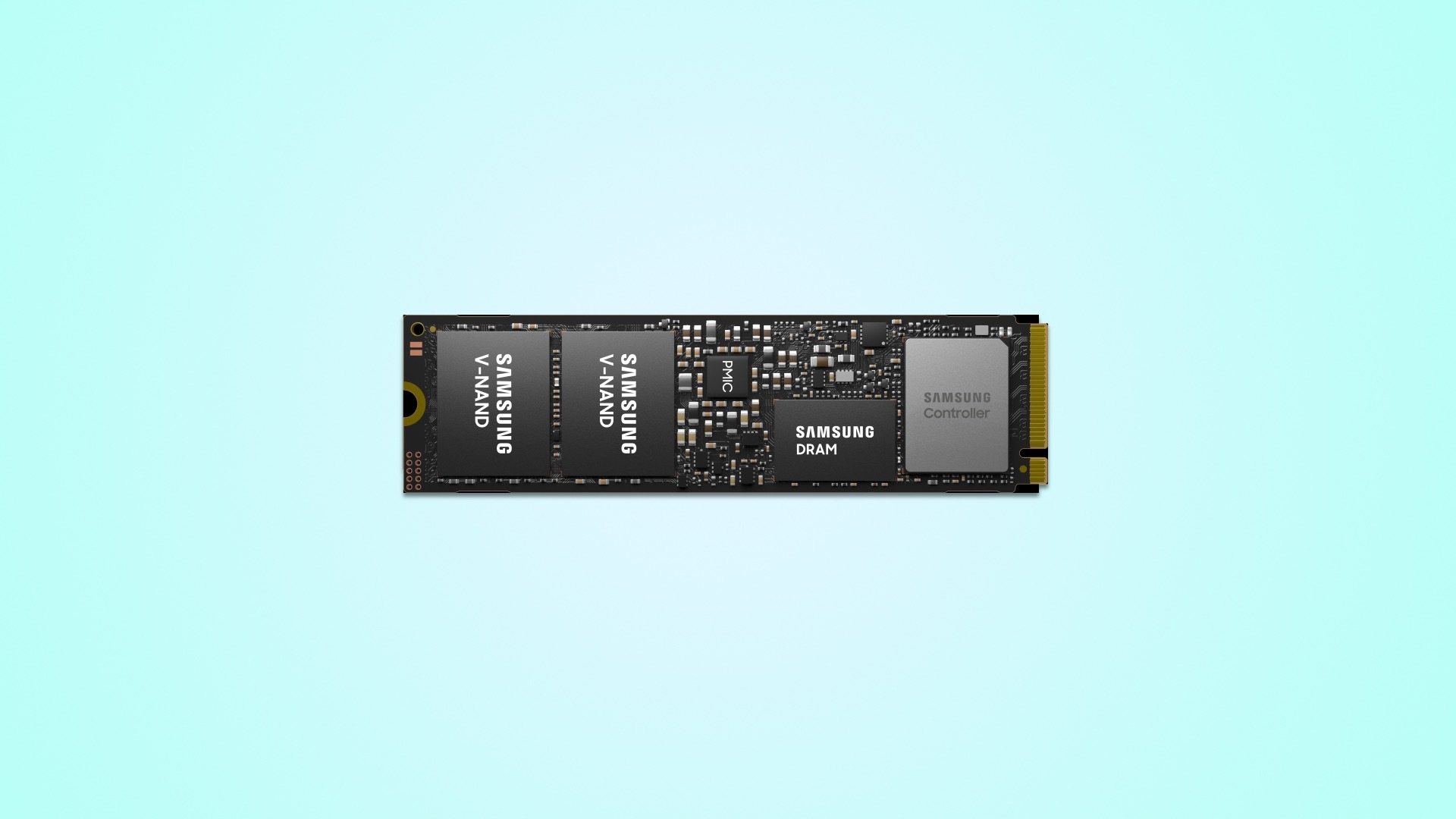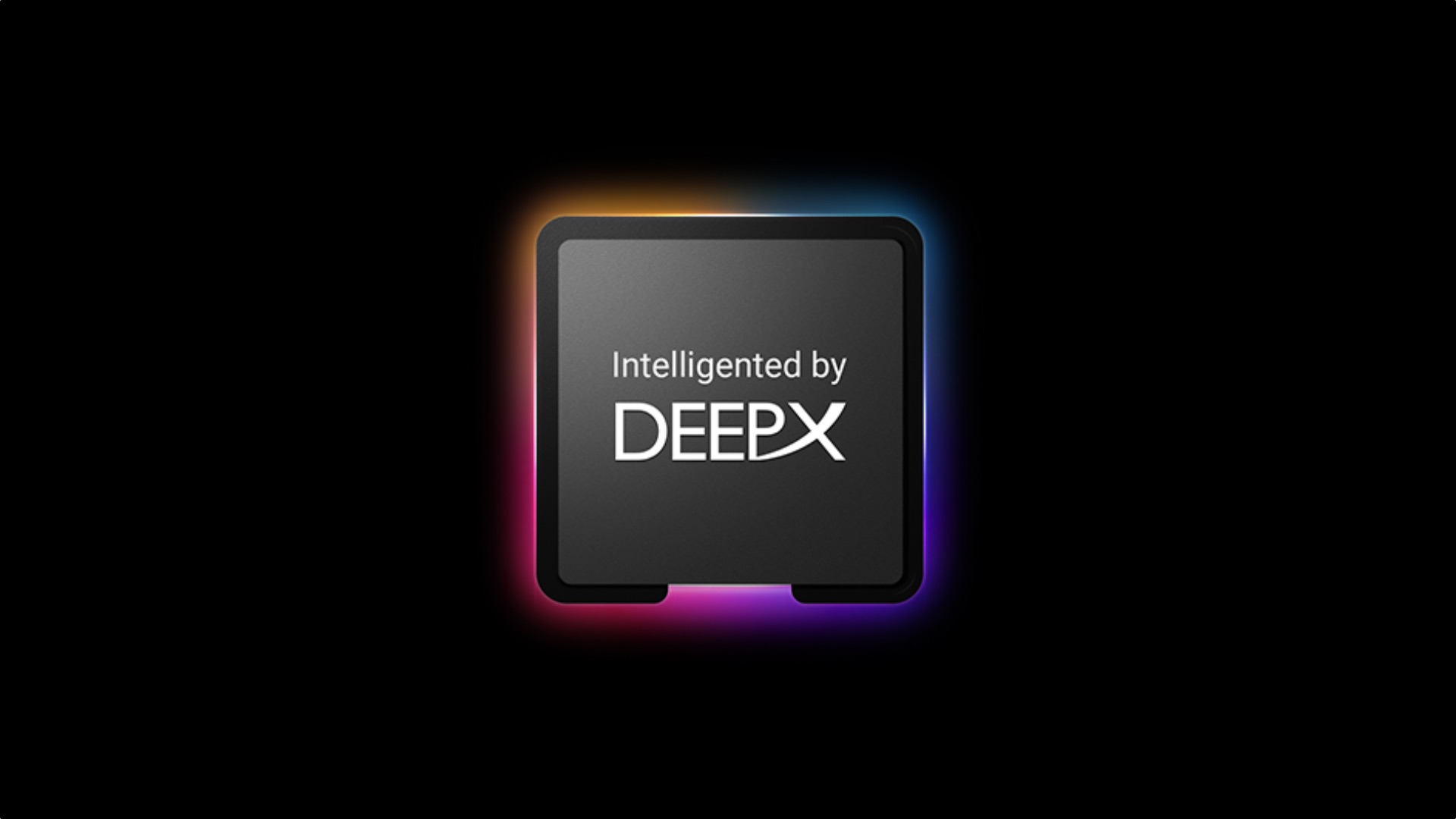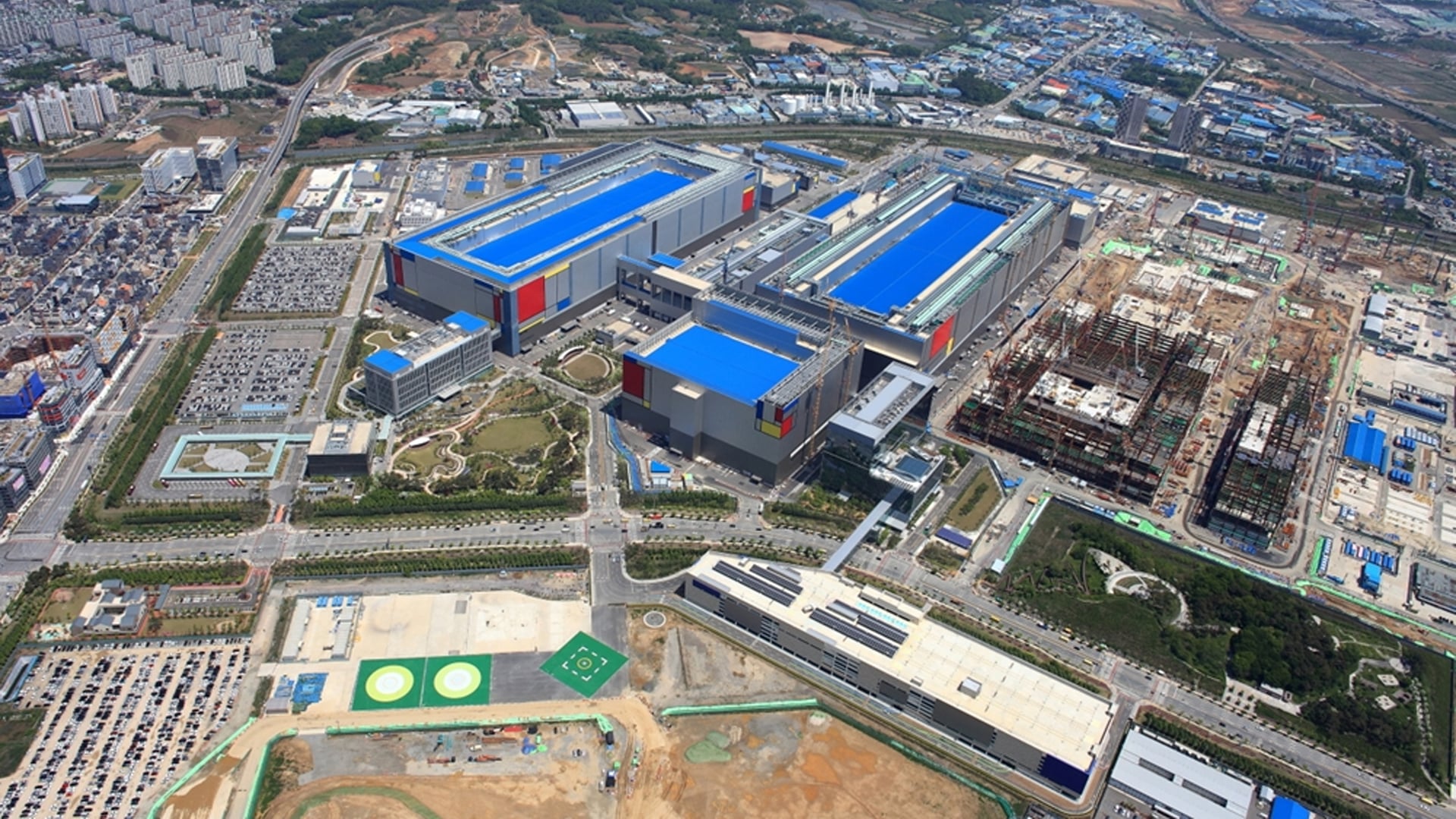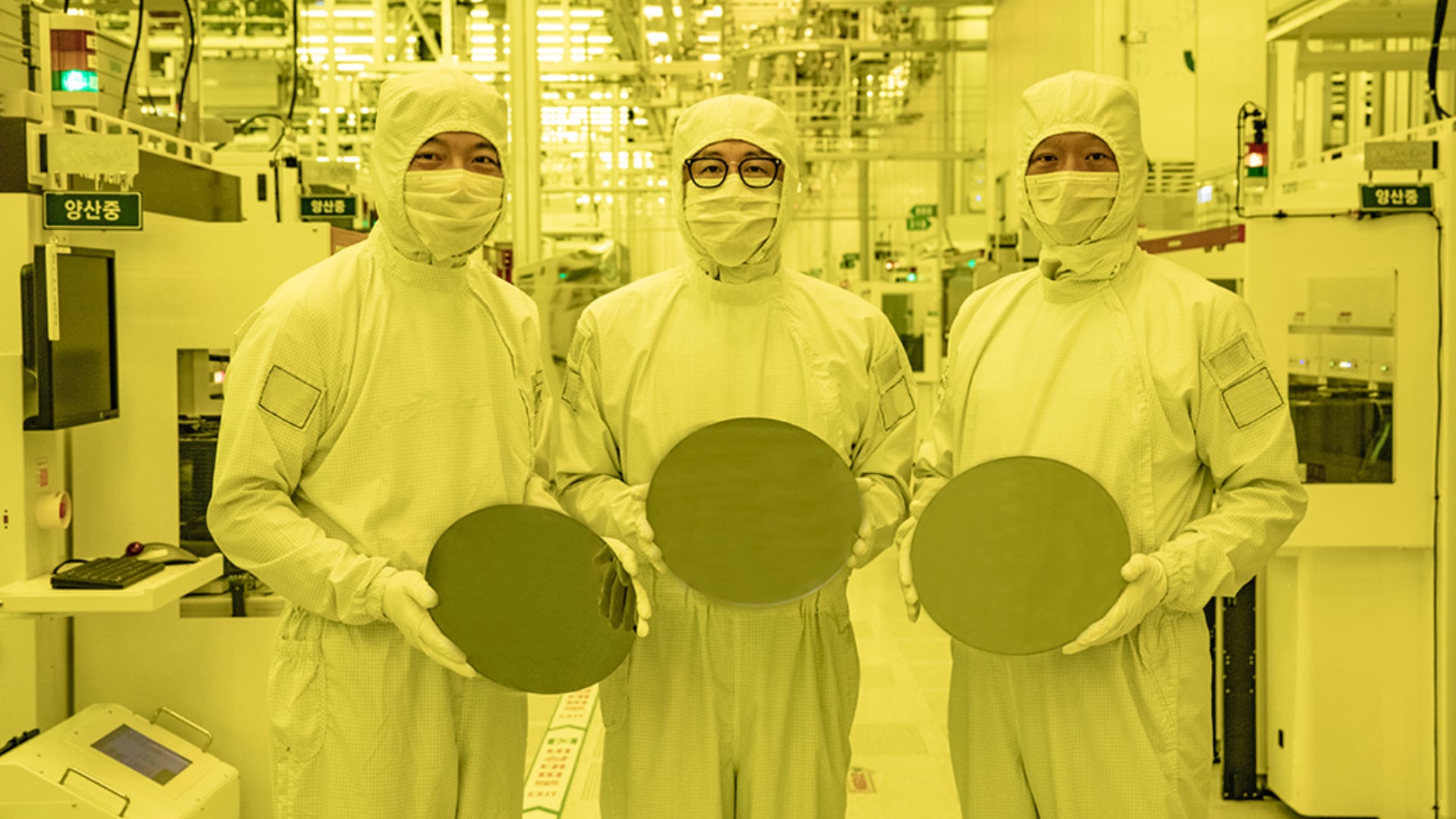
It has long made custom chips for mobile devices like the iPhone and iPad. It's now taking a huge leap by replacing Intel's chipsets for its own. The Apple M1 is its first computer chip and it certainly won't be the last. Apple doesn't have its own foundry so it needs someone to produce those chips for it. Analysts believe that this could net Samsung billions.
Samsung is the only other choice for Apple
Since Apple doesn't have its own foundry, it can't actually produce the chipsets that it designs. TSMC has been the exclusive manufacturer of its custom mobile chips for almost five years. Samsung has made a percentage of chips for Apple in the past but since 2015, TSMC has been the exclusive manufacturer. It has been rumored time and again that Samsung could win back some orders but that's yet to materialize.
There may have been many reasons behind Apple's decision to make TSMC the exclusive manufacturer. There were reports that TSMC's packaging technology was superior to Samsung. Some believe Apple simply didn't want to give more business to Samsung, a company that it also competes with in the mobile market. Apple already pays billions to Samsung for OLED displays and even pays hefty fines when it doesn't buy as many panels as it was supposed to.
It's important to note that the Apple M1 is a 5nm chip. Samsung and TSMC are the only two foundry operators that have an operational 5nm node. TSMC is already making all of Apple's 5nm A14 Bionic chips for its mobile devices. That's said to account for almost 25 percent of TSMC's entire 5nm production capacity.
Apple is far from the only major company trying to secure production capacity. Qualcomm, NVIDIA, AMD, Intel and MediaTek are among some of the companies that are getting 5nm chips made from TSMC. So unless TSMC is able to rapidly add new 5nm lines to its facilities, which is both time consuming and cost-intensive, it may not be able to supply the kind of numbers that Apple would want for the M1. The MacBook Air and MacBook Pro sell like hot cakes so Apple's going to need ample supply.
That only leaves Samsung as the other option. The company has been trying to increase its foundry revenues, going so far as to undercut TSMC on price just to win orders. Samsung is already expected to win Qualcomm's entire production order for the 5nm Snapdragon 875. So Apple would have no choice but to work with Samsung on this.
Winning a chunk of orders for the Apple M1 will be a lucrative deal for Samsung. We'll probably have to wait for its next earnings release to find out whether these predictions have come true. It's not like Apple would have ditched Intel chips without first figuring out the supply chain side of things.
Samsung's decision to invest aggressively in the 5nm node will pay it dividends. If TSMC is indeed unable to meet Apple's demand for the M1, Apple will have to do business with Samsung, whether it likes it or not.


















